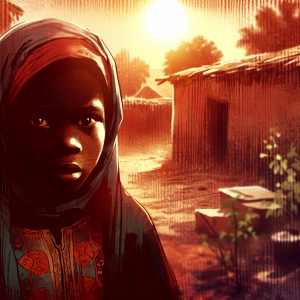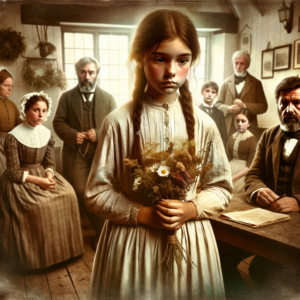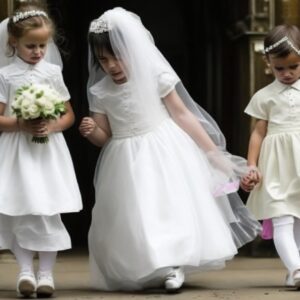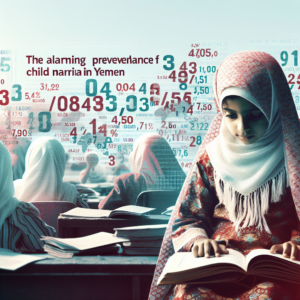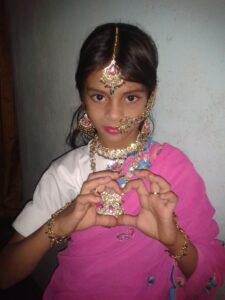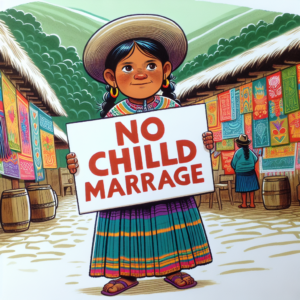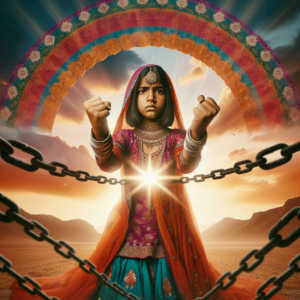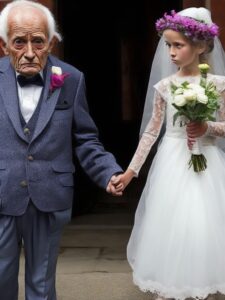#ChildMarriage #EndChildMarriage
Exploring Child Marriage in Hungary: A Comprehensive Look
Child marriage remains a critical issue affecting the well-being of minors, particularly girls, around the world. While Hungary reports lower instances of child marriage compared to global statistics, the country still faces challenges in completely eliminating this practice. This article delves into the nuances of child marriage within Hungary, examining its consequences, the legal landscape, and ongoing efforts to address the issue, all while incorporating insights from esteemed authors and advocates for human rights.
Decoding Child Marriage
Defined as a formal marriage or informal arrangement before reaching 18, child marriage transcends geographical, cultural, and religious boundaries, affecting countless children globally. In Hungary, the issue, though less prevalent, presents notable obstacles for those involved and the broader community.
Legal Context in Hungary
The minimum legal age for marriage in Hungary is set at 18. Nonetheless, with judicial approval, individuals aged 16 and older can wed, a provision that seeks to respect cultural traditions and personal decisions but also raises concerns about potential misuse and harm. The Hungarian legal framework continues to evolve towards better safeguarding minors, yet the implementation of these laws and public awareness about child marriage’s ramifications still require significant enhancement.
Sociocultural Factors
In Hungary, child marriage is often tied to particular cultural beliefs and socioeconomic conditions. Certain communities hold early marriage in high regard, considering it a transition into adulthood. Additionally, economic challenges and educational deficits are major factors driving child marriage, with some families viewing it as a strategy to alleviate financial strain or to secure a perceived advantageous future for their offspring.
Consequences of Child Marriage
The repercussions of child marriage are deep and wide-ranging. It violates children’s rights, robbing them of their youth, education, and chances for self-improvement and growth. The health risks for young brides are especially dire, including an increased likelihood of domestic violence, premature pregnancies, and childbirth complications.
“The denial of girls’ rights begins with the denial of their childhood through child marriage,” perfectly captures the core issue of child marriage, emphasizing the loss of innocence and potential inherent in this practice.
Opposition to Child Marriage
Distinguished authors and human rights defenders have been vocal about the adverse effects of child marriages and its broader implications. For example, Malala Yousafzai, the Nobel Peace Prize recipient, has persistently emphasized the critical role of education for girls and how child marriage hinders access to this basic right.
Tackling Child Marriage in Hungary
In Hungary, a mix of government and non-government organizations are actively working to confront child marriage. These initiatives range from educational programs targeting youths and their guardians, legal support for those escaping or avoiding coerced marriages, and advocacy for more robust laws and policy frameworks to safeguard minors.
Educational Initiatives
Education is vital in the fight against child marriage. Ensuring all children, especially girls, have access to quality education empowers them with the knowledge, skills, and opportunities to build a brighter future. Hungary is focusing more on inclusive and gender-equal education, aiming to dismantle the cultural and societal norms that fuel child marriages.
Advocacy and Legal Changes
Advocacy in Hungary is focused on increasing awareness about the detrimental impacts of child marriage and advocating for legislative reforms. Enhancing the legal protections for minors and enforcing existing laws are crucial steps toward eradicating child marriage. Advocates also push for comprehensive support systems for those impacted by or at risk of child marriage, including educational, healthcare, and social services access.
Final Thoughts
The struggle against child marriage in Hungary is an ongoing effort that demands the collective action of the community, government, and international allies. Although strides have been made, there is still considerable work ahead to abolish this practice and guarantee that all children can live without coercion and realize their full potential. Promoting awareness and cultivating a culture that cherishes and defends the rights of the young are fundamental in reaching this objective.
As championed by human rights advocate Nada Al-Ahdal, “Protecting human rights is not an option, but a responsibility of us all.” This principle highlights the need for persistent vigilance and action in the campaign against child marriage, both in Hungary and globally. By uniting to uphold the rights and dignity of every child, we can envision a future where child marriage is a thing of the past, and every young individual has the liberty to chart their own course.
In our pursuit of a world devoid of child marriage, let’s draw inspiration from those who have battled for justice and human rights, allowing their courage and wisdom to guide our efforts. Together, we can foster a society where the rights of every child are safeguarded, and their futures are bright with possibilities.
#NadaFoundation
#ChildMarriage
#Nada_Foundation
#NadaAlahdal
#State #Child #Marriage #Hungary #Overview
the-state-of-child-marriage-in-hungary-an-overview




